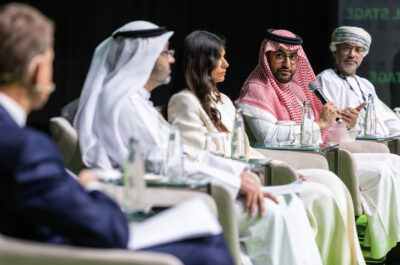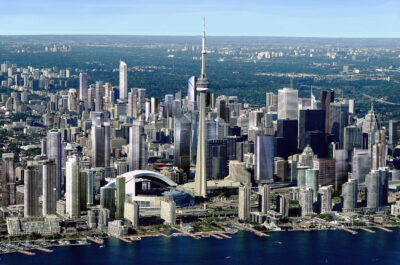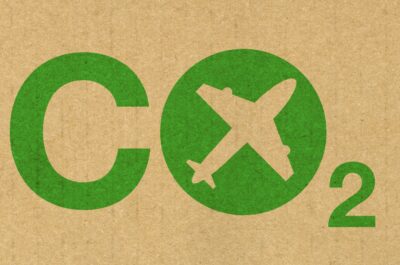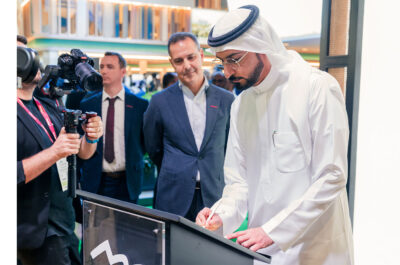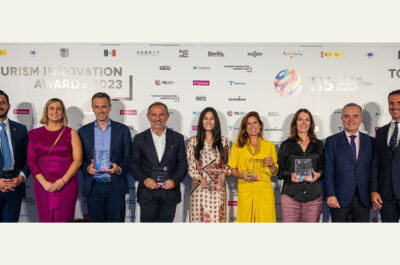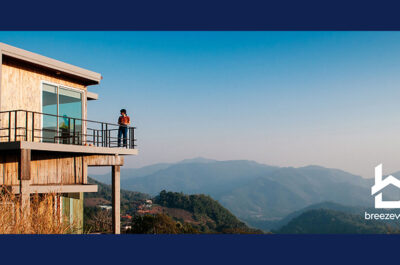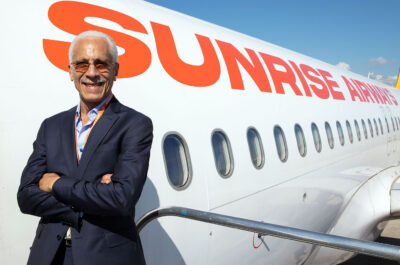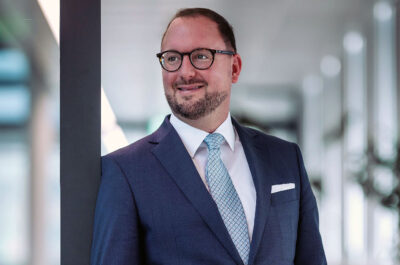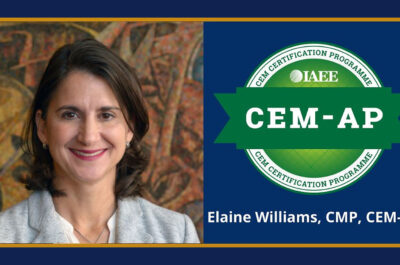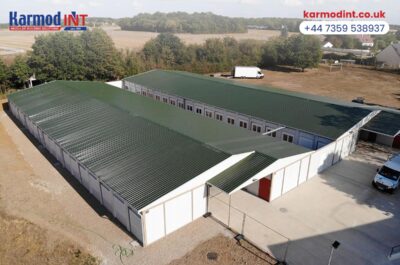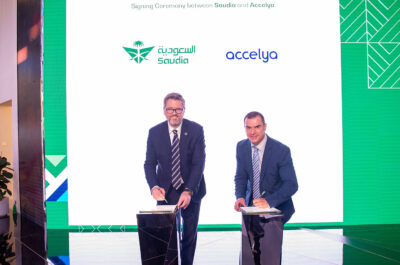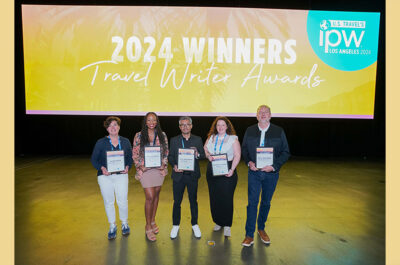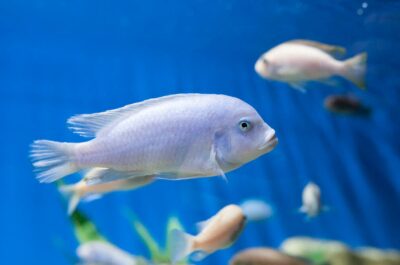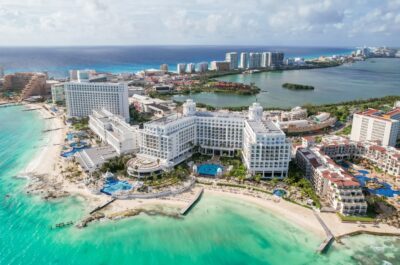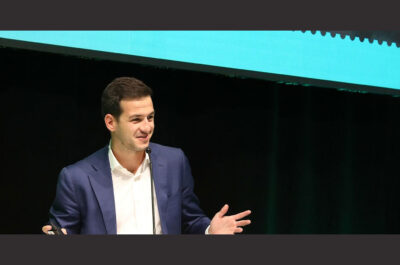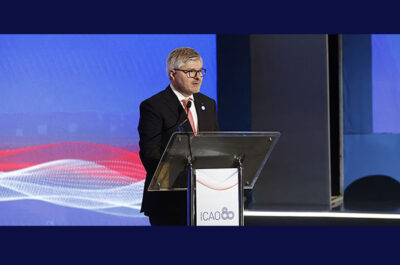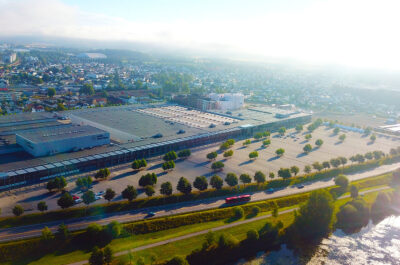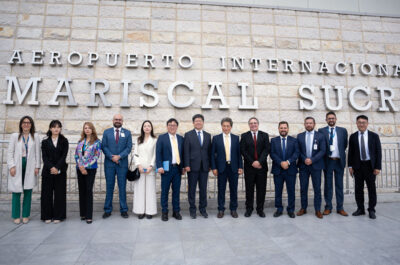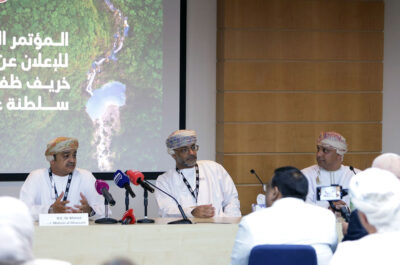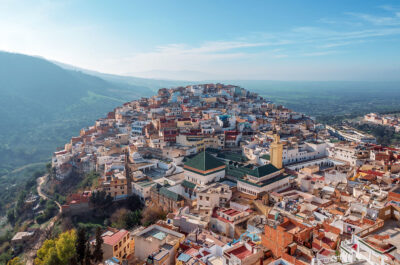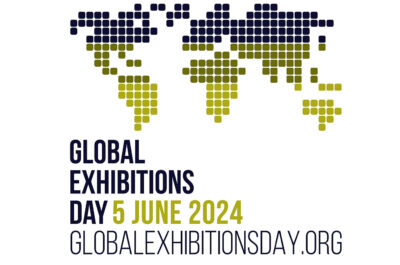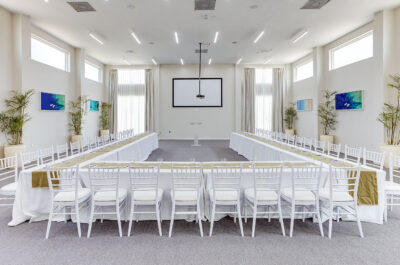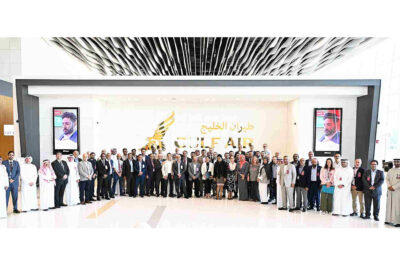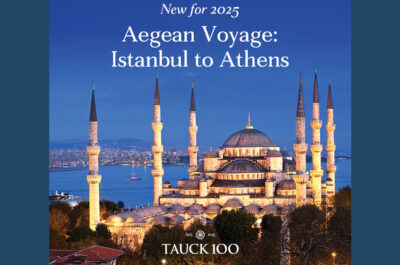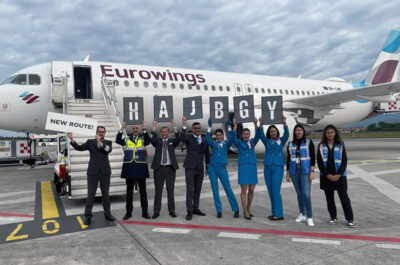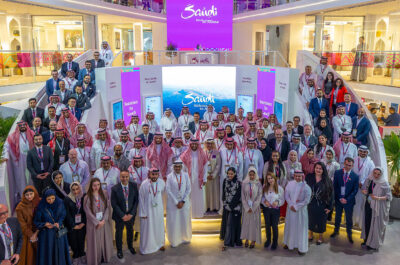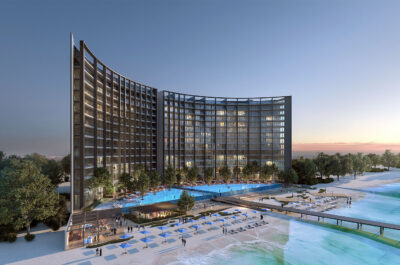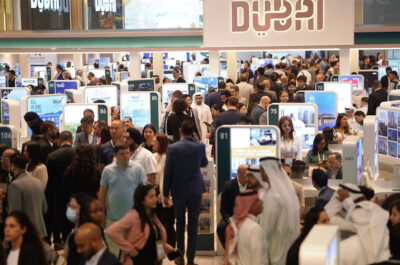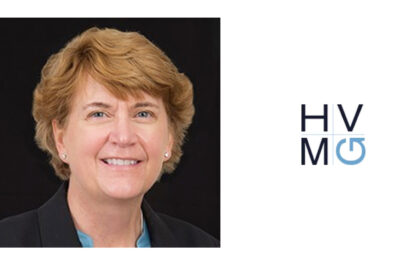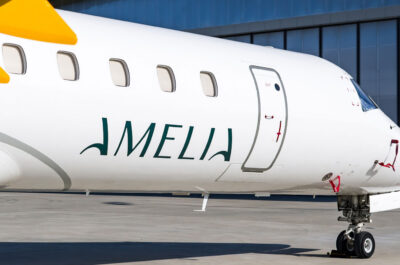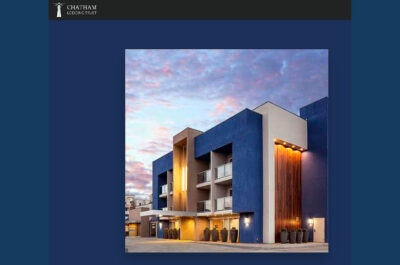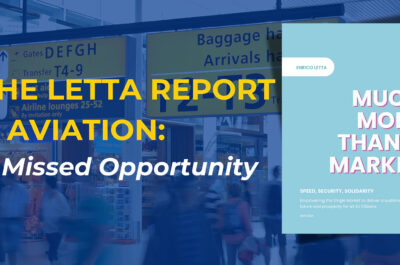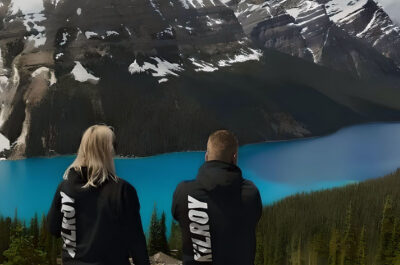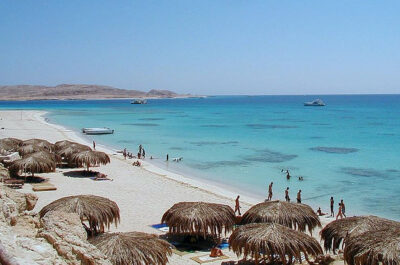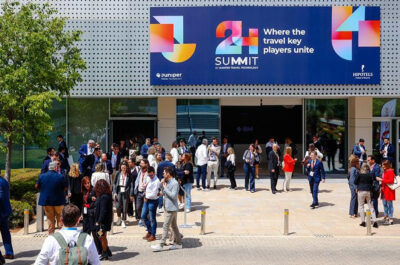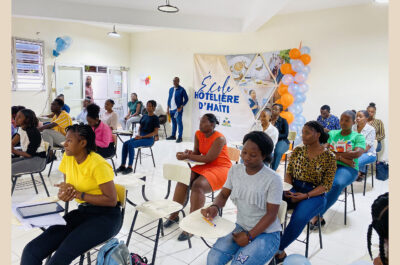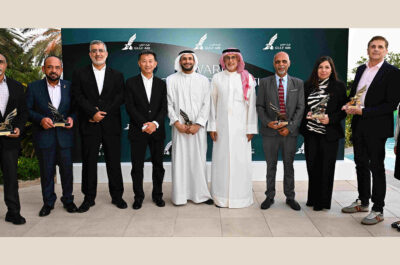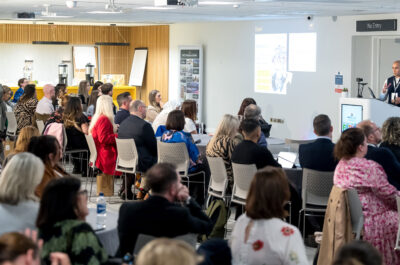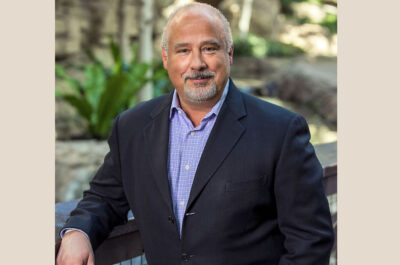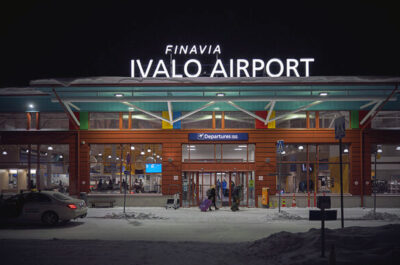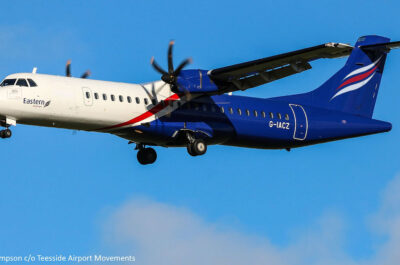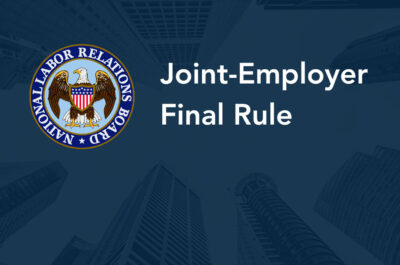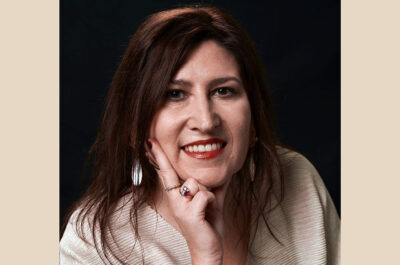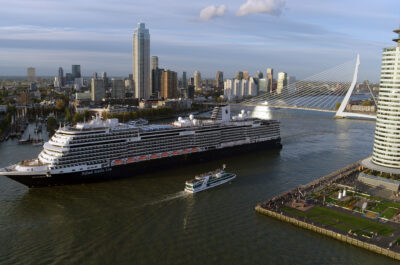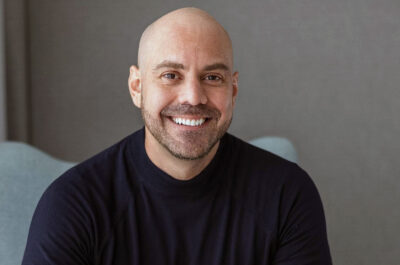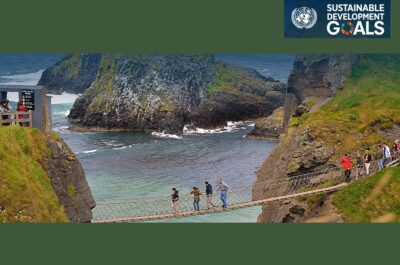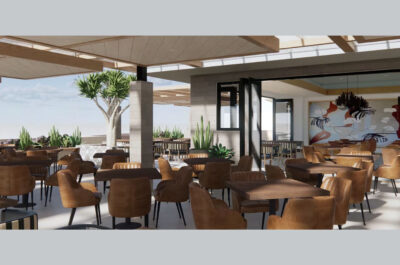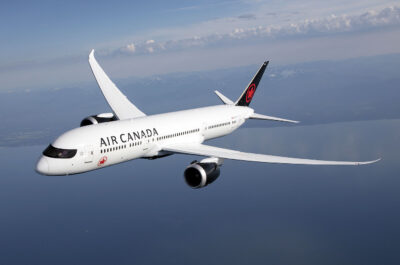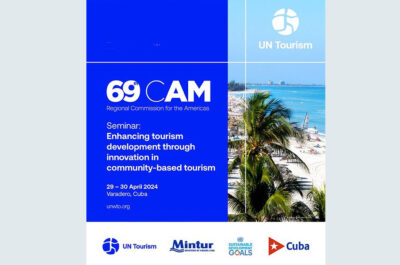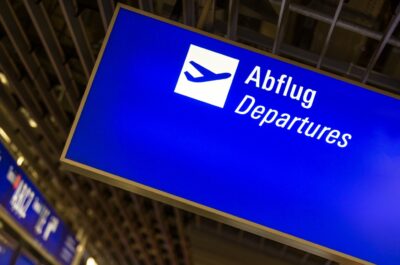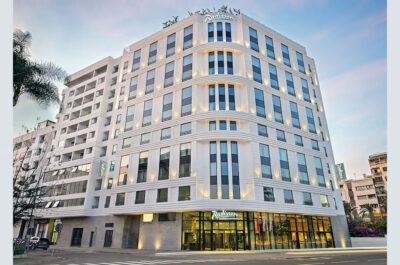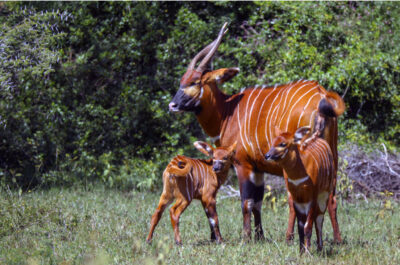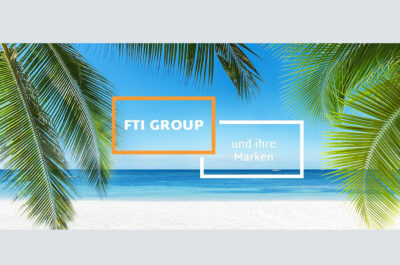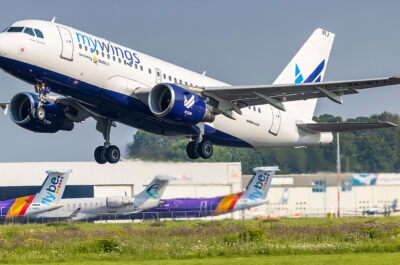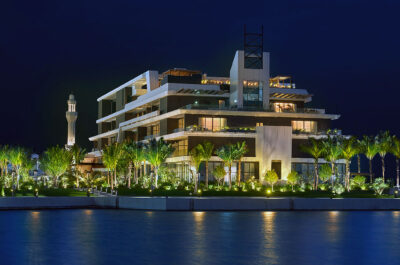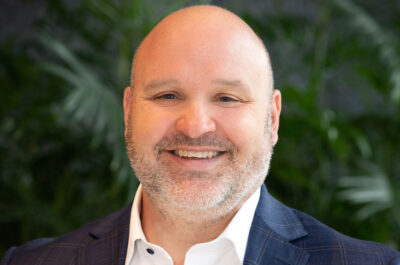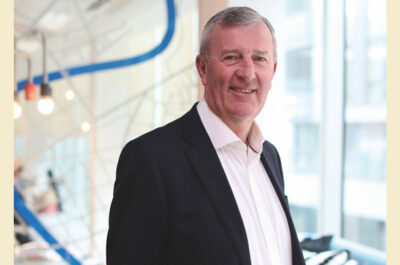Competitiveness in tourism worldwide was analyzed in SETE’ s (Association of Greek Tourism Enterprises) 4th conference meeting about tourism and development…
Competitiveness in tourism worldwide was analyzed in SETE’ s (Association of Greek Tourism Enterprises) 4th conference meeting about tourism and development. In the first session Mr. H. Harvey of Monitor Group presented the experiences and the quide line policies about tourism destinations and businesses. “Collaboration among public and private sector in many fields leads to success as it stimulates innovation, increases productivity, creates employment and makes a tourism destination more competitive”, he said. Mr. H. Harvey also analyzed the importance of clusters in all businesses in order to build a sustainable tourism market.
Panellists of the first session were Mr. A. El-Khadem, Chairman of Egyptian Tourist Authority, Mr. M. Brackenburry, President of International Federation of Tour Operators (IFTO), Mr. W. Niggl, Director New Markets, TUI Austria and Dr. O. Varlier, President of Turkish Tourism Investors Association (TYD). All highlighted the issue of competitiveness as a high role player in tourism marketplace. Mr. M. Brackenburry said, “forces of conservatism is a problem in many markets and private sector doesn’t look very often for real change. We have to create really active clusters in order to achieve competitiveness.”
Mr. W. Niggl focused on consumers’ needs, hospitality and good quality environment as well as in price driven policies for destinations around the globe. In Turkey, said Mr. Varlier, public sector helped to build large areas of tourism in order to attract tourists without the notion of local communities, so tourists are not able to go out of the hotel, as they cannot find safe food or reliable services. Another issue concerned competitiveness in relation with safety. “Some recent facts worldwide have changed standards but people became more realistic and despite the fact that there is an uncertain fear every time we hear about a bombing or a plane crash life still goes on and it seems that people have realized it”, said Mr. M. Brackenburry, President of IFTO.
In second session Mr. A. Coutts, General Director of ILM Hospitality & Tourism in Portugal presented the repositioning of the tourist product of Mediterranean destinations. Mr. A. Coutts, pointed out that the need to expand in new markets, to offer new tourism products is extremely high especially in Mediterranean area. He also mentioned “we have to emphasize on net services and create the certain infrastructure in order to have more tourists’ arrivals.” There was also a panel of speakers who testimonied they own experiences.
Mr. M. Turkmen, Director of BETUYAB and f. Undersecretary of Turkish Tourism Ministry stated, “The problem in Turkey lies in the non cooperation between the government and locals communities. You have to concentrate in consumers’ and tours’ operators needs in order to become a desirous attraction.”
Mr. P. Walton, Chief Executive of IAGTO in UK mentioned that the combination of public and private sector and the definition of the prospection projects are capable of enhancing competitiveness. He especially concentrated in the clusters of Golf Centers as a way of offering a new product which can attract more than simply golfers but to offer to golfers too alternatives activities. The issue of combining golf with culture or other fields as an alternate product in the Mediterranean pointed out by Mr. M. Wistrand, Managing Director of Golf Plaisir in Sweden. “The right product at the right place” was the statement of Mr. S. Patsalides, General Manager of Cyprus Golf Resorts, who’s plan is to combine golf with other activities and offer a whole tourism package not only for golfers but to other tourists too.
Mr. E. EL – Zayat, Chairman of Egyptian Tourism Federation offered another perspective, placing Spa Resorts among the products, which can be lucrative for a destination. “Cooperation between public and private sector, helped the tourism development of El Alamein and created full time jobs”, he said. The awareness of environment was the main concentration of all sides in order to achieve more quality in the services provided and to make a destination more desirable.
In the third session Mr. E. Bordas of International Tourism Consultants (THR) in Barcelona analyzed how some serious steps can lead to competitiveness. He said, “people travel to enjoy life, so we have to be innovative and offer tourism packages full of experiences and emotional attractions.” Mr. E. Bordas suggested that every cluster has to develop an emotional pyramid to attract tourists constantly from all over the world. Safety and security, diversity, personalization, acceptance, growth, contribution are parts of emotional pyramid that every tourism destination has to take into consideration in order to achieve competitiveness. He highlighted the perception of cooperation between public and private sector and stated that competitiveness is managed at cluster level.
Theodore is the Co-Founder and Managing Editor of TravelDailyNews Media Network; his responsibilities include business development and planning for TravelDailyNews long-term opportunities.
